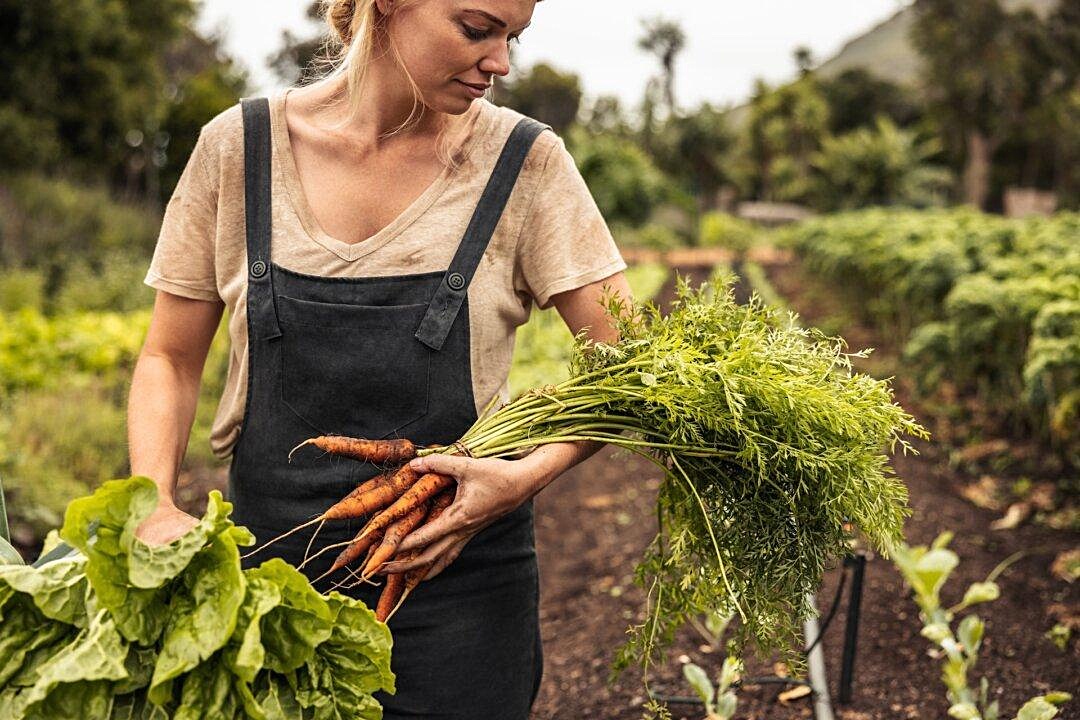In an unfortunate turn of events, a farmer’s negligence led to a disastrous harvest. The incident, often referred to as operator error in the tech world, occurred when the farmer, succumbing to laziness, stacked 100 freshly harvested bulbs on a garden bench instead of allowing them to dry in the sun as usual.
This ill-fated decision proved to be detrimental. Two weeks later, when the farmer finally retrieved the bulbs from a shoebox in the garage, a disheartening sight awaited. Mildew had taken over the once-promising crop, rendering it useless.
This regrettable situation could have been avoided if the farmer had taken the necessary precautions. Regular inspections and proper storage are crucial for the preservation of crops, as neglecting these responsibilities can result in unwelcome surprises.

Harvesting is not merely a mundane chore but a rigorous activity that demands discipline and artistry from farmers. Each type of crop requires a unique approach, necessitating different techniques for picking beans, corn, carrots, and beets. Even harvesting fruits like pears and apples follows distinct guidelines. In cool-climate regions, tomato harvest can extend well into October or November, and some gardeners employ the homestead trick of bringing the entire plant indoors to ripen until the winter months, providing fresh produce throughout the year.
The beauty of harvesting lies in the continuous learning it offers to gardeners, particularly those in northern climates where growing ceases in September. The garden becomes an ongoing source of culinary inspiration, with homegrown vegetables and fruits gracing the table frequently.

However, the process of picking and harvesting is not a one-size-fits-all approach. It is ultimately dependent on various factors, such as the type of pear, corn variety, preferred cooking method for beans, or characteristics of squash. Local wisdom often surpasses scientific knowledge in these matters, as biologist Roger Payne, the renowned discoverer of whale song, asserted. One’s garden becomes a sanctuary of experiential learning, where firsthand observations trounce the suggestions offered by cookbooks, guides, and catalogs.
For example, discovering the ideal ripeness of Orcas pears required three years of trial and error. The previously accepted notion of corn silks turning brown as an indicator of ripeness was debunked by the need to peel back the husk and visually inspect the kernels. Similarly, deciphering the perfect ripeness of ebony tomatoes remains a mystery for some gardeners.

Providing further intrigue to the world of harvesting is the astonishing speed at which vegetables can reach full maturity. John Fogerty’s song lyrics about unexplained rural occurrences ring true when a fully mature vegetable plant seemingly appears overnight. This phenomenon demonstrates the remarkable natural processes at work and the significant health benefits associated with close contact with the earth.
However, the act of harvesting can be physically taxing for some. Bending over for extended periods can cause discomfort or exacerbate existing health conditions. Nevertheless, the rewards of harvesting make it all worthwhile.

One substantial advantage of home gardening is the minimal transit time from the garden to the kitchen. Unlike the produce found in chain grocery stores, which often takes several days to arrive, a homegrown vegetable can go from plant to plate within minutes or hours. This quick turnaround ensures superior freshness and flavor.
Furthermore, proper drying and storage techniques add to the longevity of harvested crops. Beans and flour corn, for instance, require thorough drying to prevent spoilage. Apples, carefully wrapped in newspaper and stored in the garage, similarly necessitate regular checks to ensure their preservation. Identifying signs of spoilage, such as soft spots on pumpkins, is crucial, as immediate cooking can salvage the situation.
The abundance of harvested crops, resulting from months of hard work, may become overwhelming at times. However, by adopting the right perspective, it is possible to appreciate the rewards. As Tennessee Ernie Ford’s popular American hymn suggests, the diligent sowing in all conditions will eventually lead to a bountiful harvest and a joyous celebration.
Discover more from Tension News
Subscribe to get the latest posts sent to your email.

